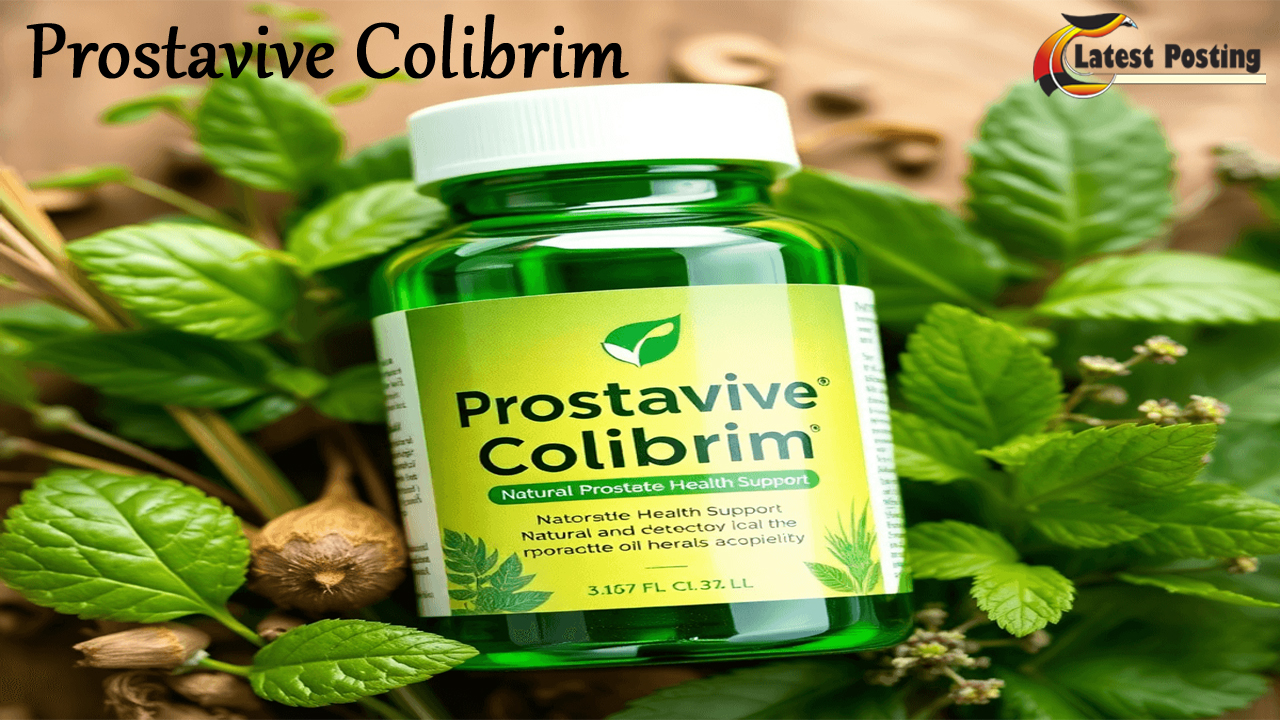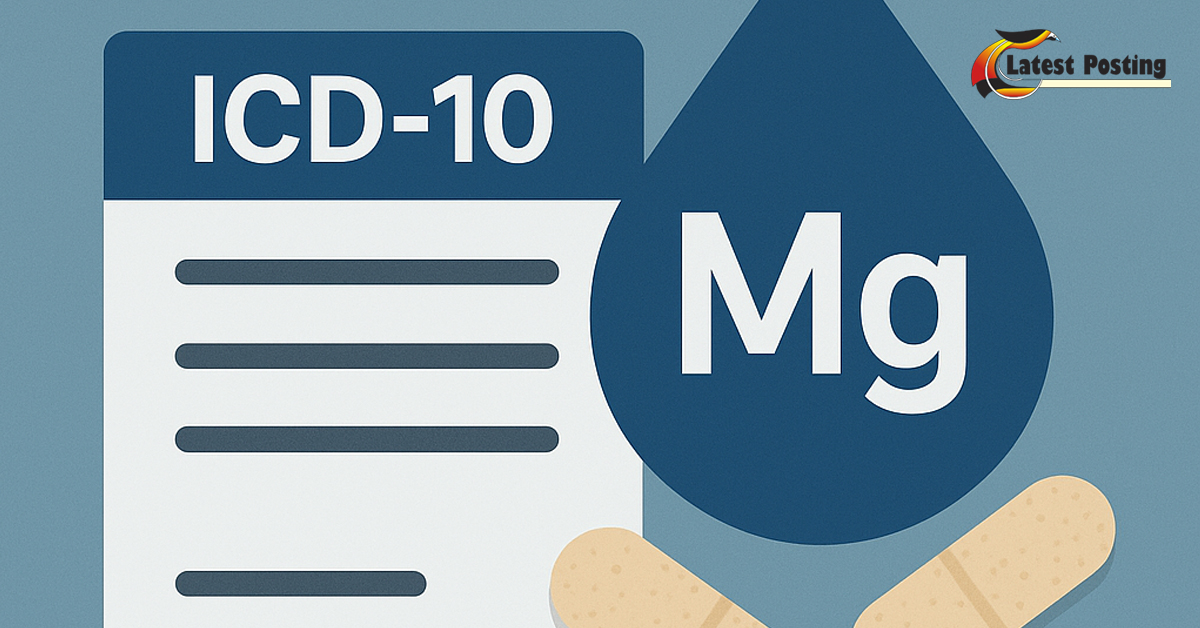Constipation is a condition characterized by reduced defecation frequency, reduced stool volume, dry and hard stools, and labored defecation. It can occur in a variety of acute and chronic diseases.
Constipation can be divided into: based on the presence of organic disease:
- Organic constipation : refers to constipation caused by intestinal diseases such as rectal and anal lesions, extraintestinal diseases such as the mental nervous system, endocrine system, and the use of some drugs that cause constipation.
- Functional constipation : There is no organic disease of the organs, which refers to constipation mainly caused by bad living habits such as defecation habits, eating habits and mental stress.
According to different pathophysiological mechanisms, they can be divided into:
- Defecation disorder constipation : Refers to pelvic floor dysfunction or pelvic floor muscle coordination disorder, which causes feces to accumulate in the rectum and cannot be discharged smoothly from the anus.
- Slow-transit constipation refers to the slower than normal movement of intestinal contents from the proximal colon to the distal colon and rectum.
- Mixed constipation : combines the causes and characteristics of the above two types.
Cause
According to the presence of organic lesions, it can be divided into organic constipation and functional constipation.
organic constipation
- Intestinal organic disease : Intestinal lumen stenosis or obstruction caused by tumors, inflammation or other causes.
- Rectal and anal lesions : rectal prolapse, hemorrhoids, rectocele, puborectalis hypertrophy, diastasis pubis, pelvic floor disease, etc.
- Endocrine or metabolic diseases : diabetes, hypothyroidism, parathyroid disease, etc.
- Systemic diseases : scleroderma, lupus erythematosus, etc.
- Nervous system diseases : central brain diseases, stroke, multiple sclerosis, spinal cord injury, peripheral neuropathy, etc.
- Intestinal smooth muscle or neurogenic disease
- Colonic neuromuscular disease : intestinal pseudo-obstruction, Hirschsprung disease, megarectum, etc.
- mental disorder
- Drug factors : iron, opioids, antidepressants, anti-Parkinson’s drugs, calcium channel blockers, diuretics and antihistamines.
functional constipation
The cause is not yet clear, but may be related to the following factors:
- Bad defecation habits : such as inhibiting the urge to defecate, taking too long to go to the toilet, and lack of concentration during defecation.
- Bad eating habits : such as too little dietary fiber in food and insufficient drinking water.
- Bad exercise habits : such as sitting or lying in bed for long periods of time.
Symptoms
The main symptoms of this disease are infrequent defecation, dry stool, and difficulty in defecation.
- Infrequent bowel movements : fewer than three bowel movements per week.
- Dry stools : Dry or lumpy stools.
- Difficulty in defecation : manifested as difficulty in defecation, difficulty in defecation, feeling of incomplete defecation, time-consuming defecation, and the need for manual assisted defecation.
- Other symptoms : It may also be accompanied by symptoms such as abdominal distension, abdominal pain, loss of appetite, and bad breath.
How to prevent
- Intake enough high-fiber foods in your daily diet, including vegetables, fruits, whole grains, etc.
- Drink enough fluids regularly.
- Develop the habit of physical exercise. More exercise can help promote intestinal peristalsis.
- Establish good defecation habits, actively defecate every day, and control defecation time. It is recommended to try defecation in the morning or within 2 hours after a meal to gradually establish the rectal defecation reflex. Concentrate on defecation, do not defecate for too long each time, and give up the habit of reading newspapers and mobile phones during defecation.
- Keep your mood comfortable and avoid the stimulation of bad emotions.
- Actively treat underlying diseases that cause constipation and avoid medications that may cause constipation.
Examine
There are many causes of constipation. If a doctor suspects that a patient has a certain disease, he or she will perform relevant tests to determine the cause of constipation.
- Physical examination : During the examination, the doctor will first measure blood pressure, body temperature, heart rate and check for dehydration; then conduct an abdominal examination, including auscultation and palpation of the abdomen, to find out whether there is swelling, tenderness and masses; for patients with defecation disorders For patients, the doctor may perform a digital rectal examination to determine whether there is muddy stool in the rectum.
- Blood tests : Mainly include blood routine, thyroid function, blood calcium level testing, etc., to help discover possible causes of constipation, such as hypothyroidism.
- Stool examination : can help determine whether there is infection or inflammation in the intestines.
- Gastrointestinal X-ray : can help determine whether there is obstruction in the intestine.
- Colonic transit test : The patient swallows a capsule containing an X-ray-opaque marker, and takes regular abdominal plain films to track the time and location of the marker traveling in the colon, which can help determine the degree of constipation.
- Endoscopy : Mainly used to determine whether there are lesions in the colorectal mucosa.
- Pathological examination : If there are lesions in the colorectum, some tissue may be taken for pathological biopsy to determine whether the lesions are benign or malignant.
- Defecography : Put barium into the rectum to simulate the process of defecation. With the help of barium X-ray imaging, rectal prolapse can be found and used to determine whether it is constipation with defecation disorder.
- Anorectal pressure measurement : Putting a pressure measurement device into the rectum to make the anus contract and relax can help check whether the muscles around the anus are moving normally.
Treatment
Constipation requires an individualized treatment plan based on the patient’s condition. Treatment options include lifestyle adjustments, medication, and surgery.
lifestyle adjustments
Most constipation can be relieved through lifestyle adjustments, including adjusting diet, exercising appropriately, and establishing good bowel habits.
medical treatement
volumetric laxatives
- By increasing the moisture in the feces, the volume of the feces is increased, making the feces soft and easy to pass. It is suitable for patients with mild constipation. Volumetric laxatives are slow-acting, have few side effects, and are safe.
- Commonly used drugs: calcium polycarbophil, wheat cellulose, pectin, etc.
Osmotic laxatives
- It is suitable for fecal impaction or as a temporary treatment measure for chronic constipation. It is a better choice for constipation patients who have poor response to volumetric laxatives.
- Commonly used drugs: polyethylene glycol, lactulose, sorbitol, etc.
Stimulant laxatives
- It can stimulate intestinal secretion, enhance intestinal motility, and has a quick onset of effect, but it is not suitable for long-term use. Long-term use of anthraquinone laxatives can cause colon melena or laxative colon, cause atrophy of smooth muscle and damage the intestinal myenteric plexus. On the contrary, it aggravates constipation.
- Commonly used drugs: anthraquinone botanical laxatives (rhubarb, cascara bark, senna, aloe vera), phenolphthalein, castor oil, diester phentermine.
lubricating laxative
- It can lubricate the intestinal wall and soften stool. It is suitable for elderly patients with chronic diseases.
- Commonly used drugs: Kaiselu, liquid paraffin.
prokinetic drugs
- It can increase intestinal motility and is suitable for patients with slow transit constipation.
- Commonly used drugs: mosapride, itopride and prucalopride, which selectively acts on the colon.
Microecological preparation : This medicine contains probiotics, which has a certain effect on relieving constipation and bloating, and can be used as an auxiliary treatment.
Surgical treatment
When the above treatment methods are ineffective and the patient’s symptoms seriously affect the work and life, surgical treatment can be considered, but it should be noted that surgery has a certain recurrence rate and may produce related complications.
Before surgery, it is necessary to fully understand the severity of anal and rectal abnormalities. And select a targeted surgical method.
- Slow-transit constipation : Total or subtotal colectomy, colon exclusion, or terminal ileostomy are options.
- Defecation disorder constipation : options include stapled hemorrhoidectomy, transabdominal rectal sling, transanal stapled rectal resection, transanal endoscopic stapler rectocele plus mucosal fixation, and traditional transrectal or vaginal surgery Rectocele repair.
Other treatments
- Enema : If the feces is hard and stagnant in the rectum near the anus or the patient is old and frail, with poor or lack of defecation power, colon hydrotherapy or cleansing enema can be used.
- Biofeedback therapy : Biofeedback therapy can train patients to relax their pelvic floor muscles during defecation. So that the activities of abdominal muscles and pelvic floor muscles can be coordinated during defecation. It is suitable for constipation patients with rectal, anal and pelvic floor muscle dysfunction, and has good long-term effects. .
- Cognitive therapy : Patients with severe constipation often have symptoms of psychological factors or disorders such as anxiety or even depression. Cognitive therapy should be give to patients to eliminate tension. If necessary, they should be give antidepressant and anti-anxiety treatment. And a psychologist should be invite to assist in diagnosis and treatment.
Nutrition and Diet
- Eat enough foods with high fiber content in your daily diet, including vegetables, fruits, whole grains, etc.
- Normally drink enough water, at least 1500 ml per day.
- Avoid eating too little or food that is too fine and lacks residue.
Common FAQs
Question: Can a 6-month-old baby with constipation drink some honey to moisten his intestines?
Answer: No!
Health departments in European and American countries have issued notices a few years ago to remind parents not to feed honey to babies under 1 year old.
The reason for this notice is that honey may contain botulinum toxin, which may be fatal to babies.
Clostridium botulinum is widely present in nature. But it is especially easy to grow in foods that are not process, package, and store correctly. Honey is one of these foods. During the reproduction process, Botulinum toxin releases a neurotoxic substance called botulinum toxin.
For babies over 1 year old, the intestinal flora is relatively stable. Even if they eat honey containing a small amount of Clostridium botulinum. The original intestinal flora can inhibit the reproduction of Clostridium botulinum. When the reproduction of Clostridium botulinum is inhibited, it is less likely to produce botulinum toxin.
When a baby is less than 1 year old. The flora in the intestinal tract is very fragile and sensitive to toxins. Therefore, when a baby eats contaminated honey, it is very easy to be poison and develop serious symptoms.
It is worth noting that honey not only appears alone. But may also be hidden in our food, such as honey oatmeal, honey cookies, etc. When giving these snacks to babies under 1 year old, you should also pay attention.
Precautions
- Establish good defecation habits, actively defecate every day, and control defecation time. It is recommend to try defecation in the morning or within 2 hours after a meal to gradually establish the rectal defecation reflex. Concentrate on defecation, do not defecate for too long each time. And give up the habit of reading newspapers and mobile phones when going to the toilet.
- Develop the habit of physical exercise. More exercise can help promote intestinal peristalsis.
- Manage personal emotions and reduce life stress.
- If the elderly are complicate by cardiovascular and cerebrovascular diseases, excessive straining to defecate may lead to the occurrence of cardiovascular. And cerebrovascular diseases, so attention should be pay.
- Avoid long-term and frequent use of laxatives, especially stimulant laxatives, to avoid dependence.




One thought on “What is constipation, what Causes and Symptoms are.”